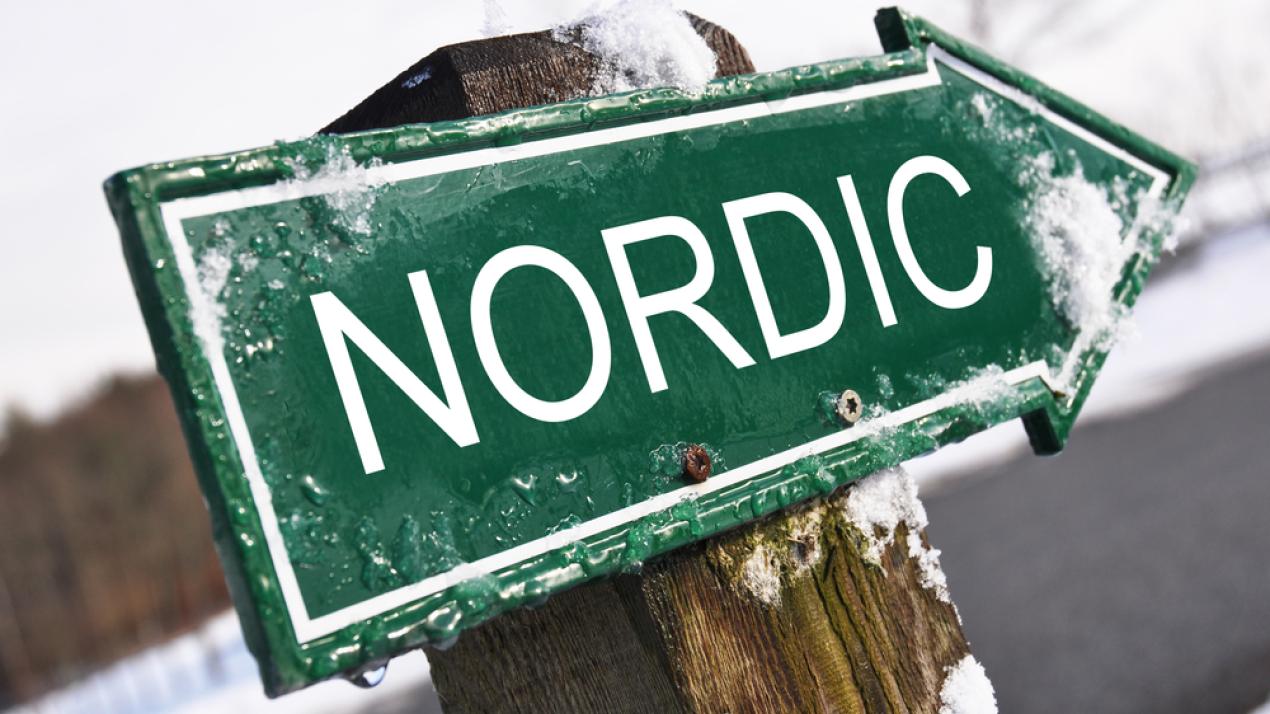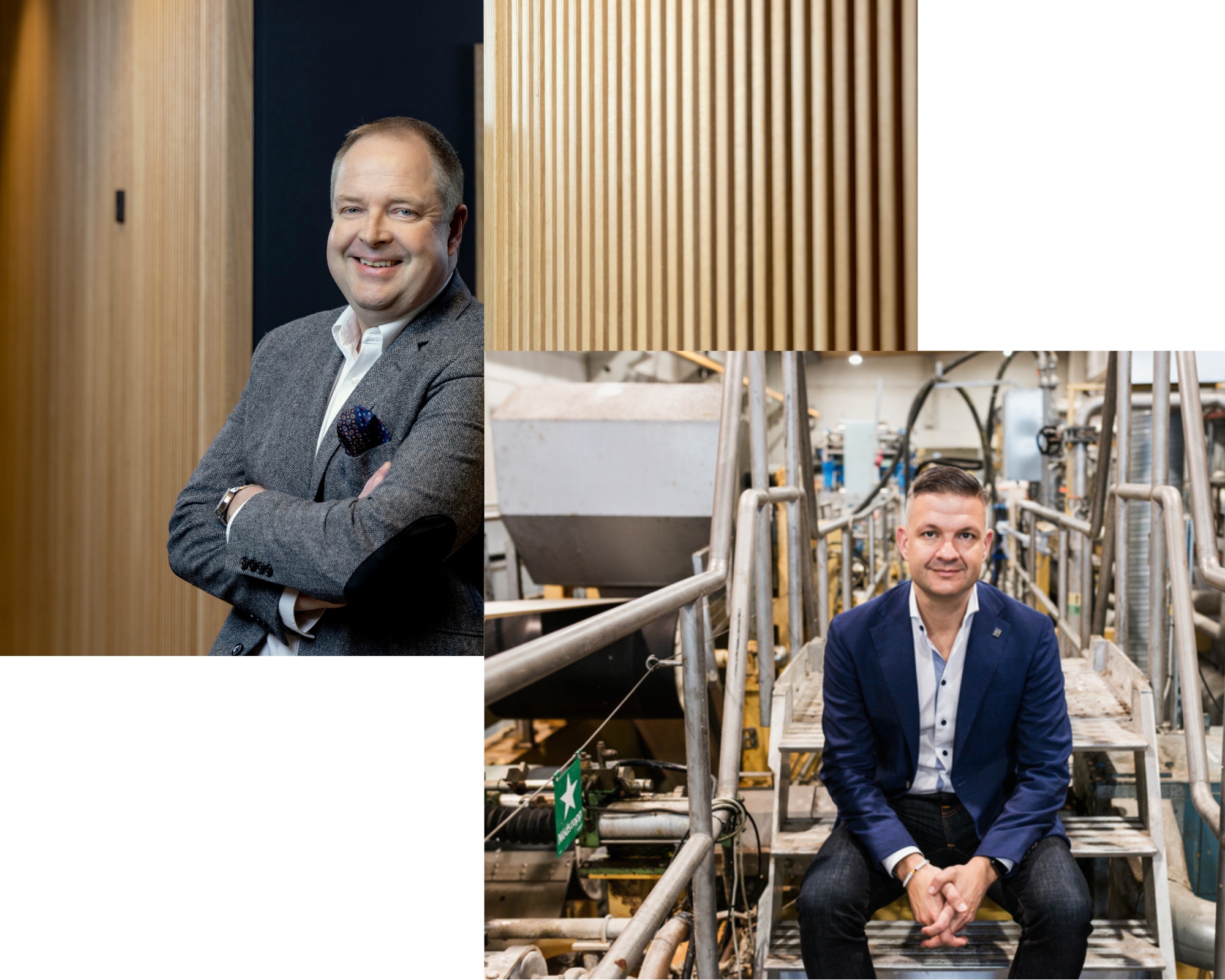Nordic countries solving European energy crisis
 By Jussi Manninen, VTT and Marco Lucisano, RISE
By Jussi Manninen, VTT and Marco Lucisano, RISE
FINLAND — Could the sparsely populated regions of Northern Europe with long distances and demanding climates play a decisive role in getting out of the energy crisis? Disengagement from the fossil economy has become a common goal in Europe, both in the fight against climate change and for geopolitical reasons. Recent developments in the energy market have shown how important the price of energy and its availability are for the purchasing power of households and the competitiveness of our businesses. We could build new sustainable growth from the energy transition through stronger co-operation between Finland and Sweden, write VTT’s Jussi Manninen and RISE’s Marco Lucisano.

Energy is something we all share; it is a part of national security and ability to function. The aim of VTT Technical Research Centre of Finland and the Research Institutes of Sweden RISE, Finnish and Swedish research organisations, is to find and build strengths for Nordic co-operation. Research expertise and research infrastructure related to our energy solutions complement each other and can play a crucial role if we want to grow into a major power of renewable energy in Europe. This requires a shared broad vision and determined investments in the development of technologies and excellence, as well as industrial-scale demonstrations.
In Northern Europe, for a long time, we have already invested a lot in the energy transition. Investments in wind, water, solar and nuclear power are making the Nordic electricity system climate neutral. Low-carbon heating and transport are progressing at a fast pace. The Nordic countries also show the way in the manufacture of carbon neutral steel and energy-efficient properties. Large investment plans for energy storage and hydrogen economy solutions are about to be drawn up for the distant corners of Nordic countries. Our energy infrastructure is also in good condition with regard to the electrification of society. This development is the result of long-term, persistent work before the acute energy crisis.
However, the global technology race of the energy transition has accelerated and tightened. Adequate investments in research and product development, a favourable investment environment and the world’s best expertise in different fields are needed to make the energy transition. New technologies are making it in Europe and the United States through the green transition and support for digitalisation. Faster, more precise and more effective investments are also needed in the Nordic region to cope with the global race.
FURTHER READING
- 🇫🇮 Grabbing the export potential of the green transition
- 🇸🇪 “We invest in and educate competence for the green transition”
- 🇫🇮 A Four Billion Euro Investment Is Planned for Inkoo, Finland
- 🇫🇮 Academy of Finland to fund research infrastructures – over €3.5 million for the University of Oulu
- 🇮🇸 Arctic Stewardship in Reaching Net Zero – Carbon Capture Solutions
- 🇨🇦 A small, isolated village in Arctic Canada becomes a green energy producer
Finland and Sweden share a lot in energy
Finland and Sweden share a lot of strengths in energy. We operate in the same competitive Nordic electricity market. We have physical energy infrastructure connections through which energy is transferred and traded daily between our countries and with the rest of Europe. Both countries must ensure clean, stable and affordable energy supply for industry, the public sector and households, including in the dark winter months. Both have strong expertise in the basic industry, and we are among the leading countries in forest economy and bioeconomy. We have many global companies originally from the Nordic countries that want to invest in circular economy solutions and carbon neutral production. Both countries have also managed to leap into the development of digitalisation, developing both mobile phones and software solutions. We are seen as model countries around the world in terms of well-being, a positive attitude towards growth companies and social order. Swedish and Finnish people have access to clean energy, which is still a dream in many parts of the world.
We also share many common challenges between Sweden and Finland. Both have small domestic markets, and we are dependent on international exports and supply chains. Our combined population is around three per cent of the EU population and less than five per cent of the US population. Small domestic markets slow down the commercialisation and scaling of solutions.
Our competences complement each other. Finland can learn from Sweden about the platform economy, global consumer business and brand building. Finland has strong expertise in areas such as nuclear energy and safety, which is an important part of combating climate change and getting out of the energy crisis. The development of small nuclear power plants will help solve the reduction of carbon emissions from district heating and industrial processes.
Taking action
What is needed to build strong Nordic co-operation in the energy sector? We have reflected on this among VTT and RISE colleagues and identified the need for a joint Nordic energy strategy across government terms. We need concrete guidelines that enable our research institutes, together with the Nordic business community, to build joint pilots and projects, speed up the breakthrough of new solutions and create impactful references for the world. Closer co-operation would, for example, help to develop AI-based solutions, which would bring competitiveness and profitability to the utilisation of local energy production, flexibility in energy consumption or hydrogen economy solutions.
Joint projects between companies and research organisations will accelerate the introduction of new, low-emission technologies and faster commercialisation of research results. At the same time, we can strengthen the impact resistance of our energy system to external disturbances.
We look forward to closer co-operation between VTT and RISE colleagues, and we look forward to more investments in Nordic energy innovations.
Jussi Manninen, Executive Vice President, Carbon Neutral Solutions, VTT
Marco Lucisano, Senior Vice President, Built Environment, RISE
Texten på svenska på RISE:s hemsida
This article was produced by VTT.
To join the Arctic Business Journal network as a content partner, contact us at [email protected].
This article has been fact-checked by Arctic Business Journal and Polar Research and Policy Initiative, with the support of the EMIF managed by the Calouste Gulbenkian Foundation.
Disclaimer: The sole responsibility for any content supported by the European Media and Information Fund lies with the author(s) and it may not necessarily reflect the positions of the EMIF and the Fund Partners, the Calouste Gulbenkian Foundation and the European University Institute.


